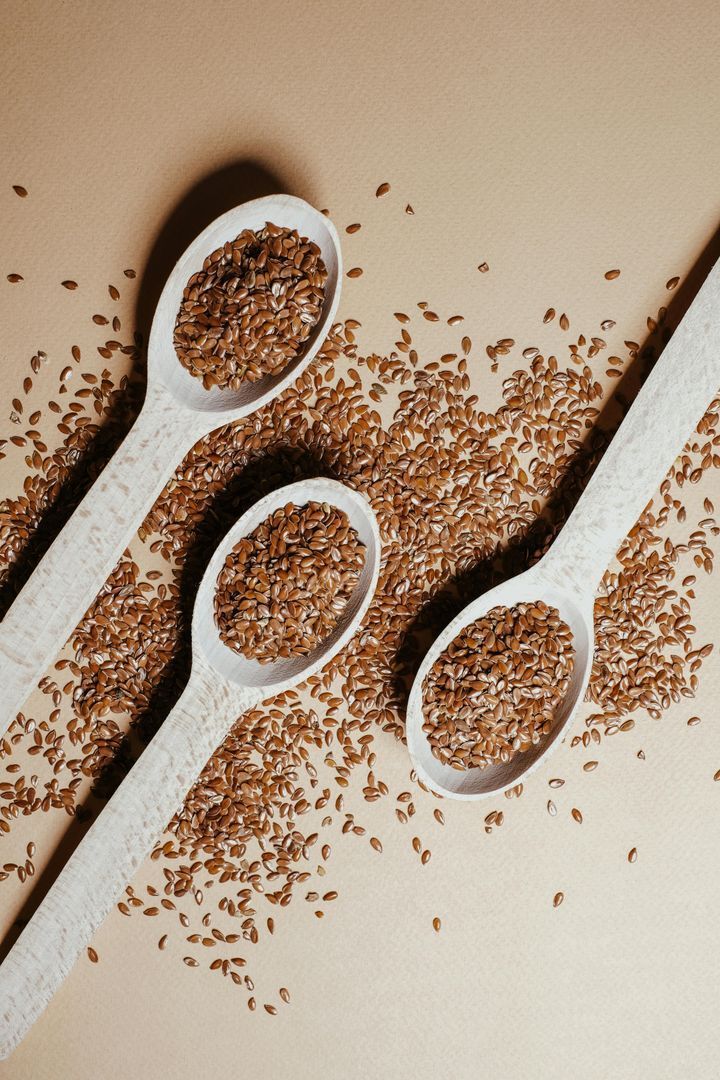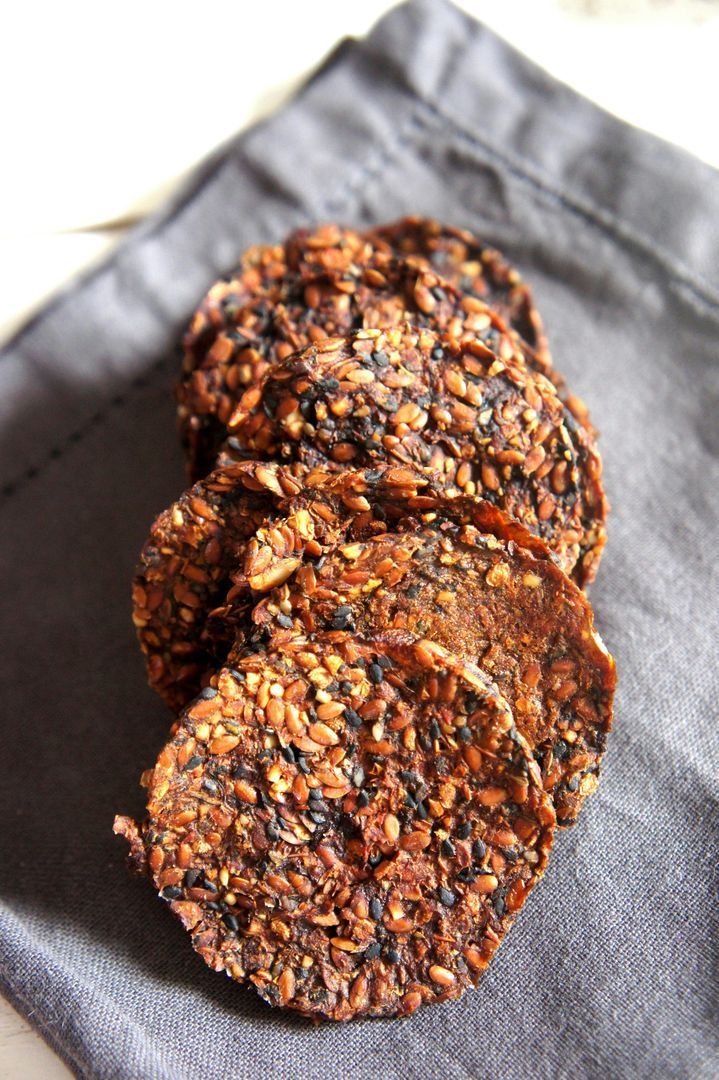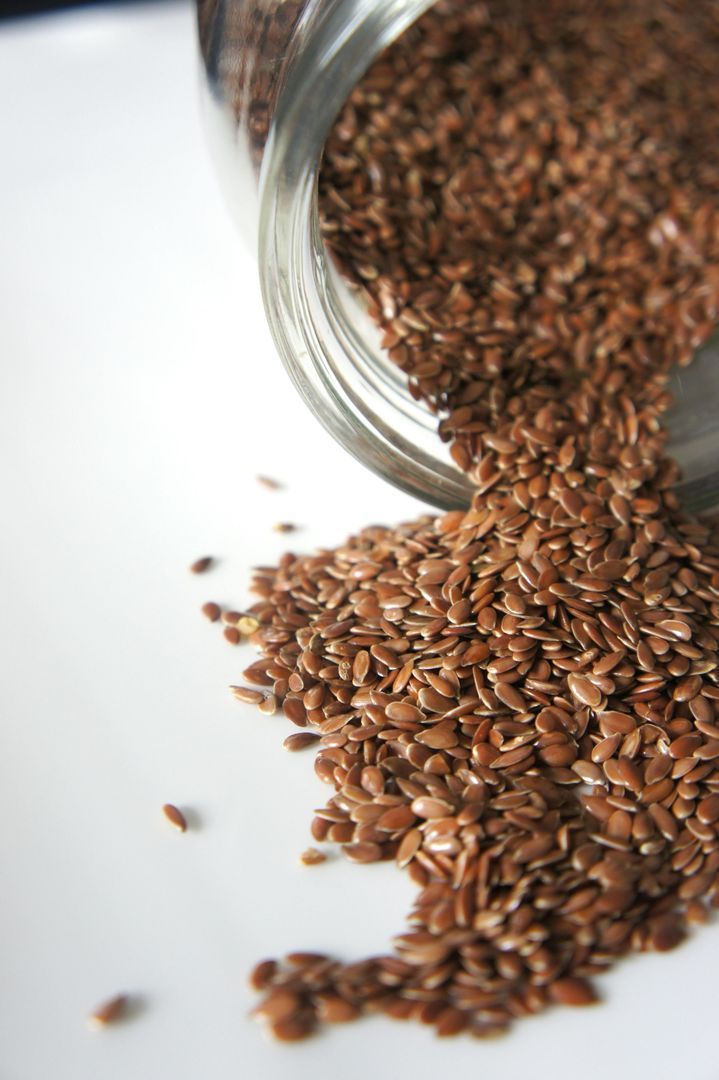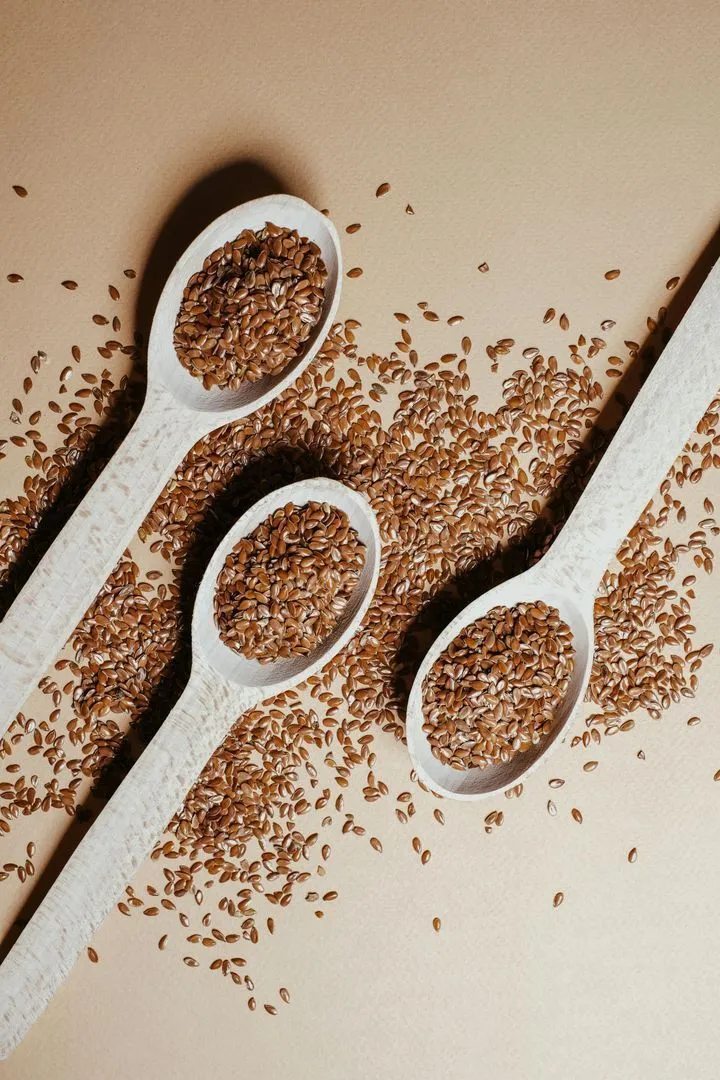Flax Seeds: Small, Powerful, Essential

Flaxseeds, scientifically known as Linum usitatissimum , are among the most promising functional foods in the modern diet. Tiny and discreet, they contain a concentration of extraordinary nutrients: plant-based omega-3 fatty acids, soluble and insoluble fiber, proteins, antioxidants, lignans, and numerous micronutrients.
Over the past few decades, these seeds have attracted the attention of scientific research for their potential protective effects on the heart, intestines, hormonal balance, and overall metabolism. But why are they so important, and how can we effectively incorporate them into our diet?
#semidilino #healthydiet #omega3 #superfood #dietaryfiber #wellbeing #nutrition #intestine #phytotherapy #plantbased #naturalmedicine
1. Nutritional composition
Per 100 g of flax seeds:
- Calories: approximately 534 kcal
- Total fat: 42 g (including 27 g alpha-linolenic acid - ALA, an omega-3)
- Protein: 18 g
- Fiber: 27 g (mainly insoluble)
- Carbohydrates: 29 g (of which only 1 g is sugar)
- Lignans: up to 300,000 µg
- Vitamins: B1, B6, folate
- Minerals: magnesium, phosphorus, manganese, selenium
📚 Source: USDA FoodData Central; Health Canada Nutrient Profile Database
2. Plant-based Omega-3s: heart and inflammation
Flaxseeds are one of the best plant sources of alpha-linolenic acid (ALA) , an essential omega-3. ALA is known for its action:
- Anti-inflammatory
- Protective for the cardiovascular system
- Reduces the risk of atherosclerosis and hypertension
A study published in the American Journal of Clinical Nutrition (2014) confirmed that regular intake of ALA can reduce the risk of coronary heart disease by up to 20%.
📚 Source: Pan A. et al., Am J Clin Nutr. 2014; 100(1): 125–137.
3. Lignans and hormones: support for the endocrine system
The lignans found in flaxseed are natural phytoestrogens . They modulate hormone levels and are particularly useful for:
- Menopausal women: they help reduce hot flashes and hormonal imbalances.
- Prevention of hormone-dependent tumors such as breast and prostate cancer.
A meta-analysis published in Critical Reviews in Clinical Laboratory Sciences (2018) showed that lignans may contribute to the reduction of breast cancer risk.
📚 Source: Buck K. et al., Crit Rev Clin Lab Sci. 2018; 55(3): 163–189.
4. Fiber: allies of the intestine and blood sugar levels

Flaxseeds are approximately 27% fiber. Soluble fiber, in particular, forms a mucilaginous gel that:
- Improves intestinal transit
- Promotes the growth of healthy microbiota
- Stabilizes blood glucose levels
Numerous studies (e.g. Journal of Nutrition , 2010) have highlighted the role of flax fiber in glycemic control and in the reduction of LDL cholesterol .
📚 Source: Kristensen M. et al., J Nutr. 2010; 140(5): 939–944.
5. Satiating and slimming effect
Thanks to their blend of protein, fiber, and healthy fats, flaxseeds provide a long-lasting satiating effect. This makes them ideal:
- As a support in low-calorie diets
- To avoid insulin spikes and nervous hunger
A study published in Appetite (2012) showed that adding 2 tablespoons of flaxseeds to breakfast reduced overall calorie intake for the day.
📚 Source: Cassiday L. et al., Appetite. 2012; 58(2): 490–495.
6. Gastronomic use and bioavailability
Important: Flaxseeds should be consumed ground or in the form of fresh flour to ensure nutrient absorption.
How to use them:
- In smoothies or shakes
- In porridge or yogurt
- In baked goods
- As an egg substitute (1 tablespoon ground seeds + 3 tablespoons water)
💡 Flaxseed oil is a concentrated alternative, but it should be used raw and stored in the refrigerator.
7. Contraindications and warnings

While beneficial, flaxseeds can:
- Have laxative effects if consumed in excess
- Interfere with anticoagulant drugs due to high omega-3 content
- Contain traces of cyanogenic compounds (inactivated by cooking or grinding)
The recommended dose is 1–2 tablespoons per day (about 10–20 g), freshly ground.
📚 Source: EFSA Panel on Dietetic Products, Nutrition and Allergies, 2010
8. Environmental impact and sustainability
Flax is a low-impact crop. It requires little water, doesnt require intensive pesticides, and has a short growing cycle.
The food use of flaxseed supports more resilient and circular agriculture, also in Europe.
📚 Source: FAO, Flaxseed Production Sustainability Report, 2020
Conclusions
Flaxseeds deserve a permanent place in your daily pantry. Affordable, sustainable, and nutritious, they are a true ally for those who want to eat wisely. Including them in your diet is a simple gesture that can bring profound long-term benefits: metabolic, intestinal, hormonal, and cardiovascular health.
Dont underestimate the power of small seeds: revolutions often start with the simplest things.

gourmet
Data di inserimento 29 apr 2025
Report article


Comments
There are no comments yet.